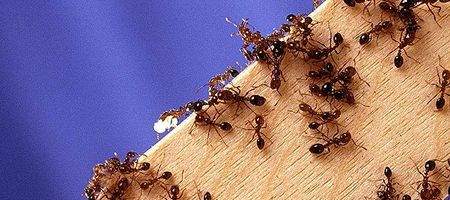Wake Forest University professor Errin Fulp is training an army of ‘digital ants’ designed to patrol the power grid and protect it from viruses.

If it works, it could be a lifesaver for Supervisory Control and Data Acquisition (SCADA) networks, which nowadays control everything from water and sewer management systems to transport and manufacturing systems.
The power grid is probably more vulnerable to cyber attacks than security experts would like to admit, says Fulp. The problem is such systems’ high level of interconnectedness, which gives hackers more points to enter the system – in a home’s smart grid, for example.
“When that network connects to a power source, which connects to the smart grid, you have a jumping off point,” he says. “A cyber attack can have a real physical result of shutting off power to a city or a nuclear power plant.”
Fulp’s digital ants wander through computer networks looking for threats such as computer worms. When it finds one, it summons an army of ants to converge at that location, drawing the attention of human operators to investigate.
“The idea is to deploy thousands of different types of digital ants, each looking for evidence of a threat,” says Fulp.
“As they move about the network, they leave digital trails modeled after the scent trails ants in nature use to guide other ants. Each time a digital ant identifies some evidence, it is programmed to leave behind a stronger scent. Stronger scent trails attract more ants, producing the swarm that marks a potential computer infection.”
The team’s found the system to be successful on a small scale, but now plans to scale it up to test whether it can work with something as large and complex as the nation’s power grid.






